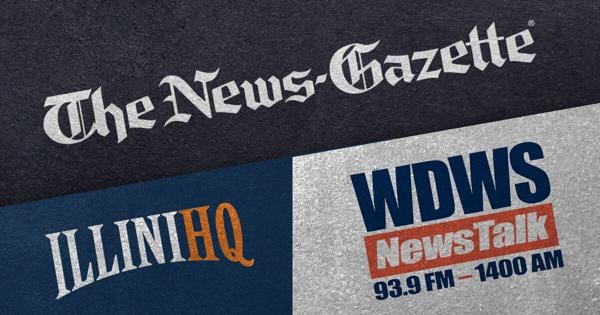
Can a private corporation get sued for First Amendment violations of freedom of speech if it restricts expression of another private party?
Yes, but the claimant has to show the party doing the violating was acting for the government.
Donald Trump raised this issue when he and other plaintiffs sued Twitter when the social network permanently suspended Trump’s account on Jan. 8, 2021 after his supporters stormed the Capitol two days earlier. In the company’s announcement, Twitter cited two of Trump’s tweets in particular that it believed were “highly likely to encourage and inspire people to replicate the criminal acts that took place at the US Capitol” on Jan. 6.
Trump claimed the ban was a violation of his First Amendment rights under the Federal Constitution.
But wait, the First Amendment is a constitutional obligation owed by government to private citizens, not by a private party to another citizen. This was precisely what the judge in Trump’s case ruled when he dismissed the lawsuit.
There is an exception to a private party not being subject to First Amendment violations toward another party. It is where the private party acts as a governmental entity. This doctrine provides that, in some situations, governmental authority dominates an activity to such an extent that its participants must be deemed to act with the authority of the government and, as a result, be subject to constitutional restrictions.
Private entities are presumed to act as such, and maintaining the line between the private sphere and the public sphere, with all its attendant constitutional obligations, is a matter of great import. Proving a private party was acting on government’s behalf is thus viewed by courts as a tough legal road to hoe. The judge in Trump’s case concluded Trump’s legal plow was too dull to bite. Trump didn’t allege any facts convincing the judge that Twitter was acting as a governmental entity when it terminated his account.
There was no allegation that Twitter was forced or threatened by any government agency or actors to terminate Trump’s account, the kind of facts courts have found where the state is acting through private parties. Trump essentially made a flippant allegation that Democrats and Trump’s political opponents in Congress were conspiring with Twitter to bar him.
Trump also asked the judge to rule as unconstitutional the federal Communications Decency Act, which states that online service providers such as Twitter can’t be held liable for content posted by users, The judge nixed that claim because Trump didn’t have legal standing (legal injury) to challenge the act
Trump couldn’t show that Twitter “would not have de-platformed the plaintiff” but for the legal immunity conferred by the CDA when it came to content.
The judge did allow Trump to amend his claims to add factual allegations that Twitter was a state actor, but warned that it was going to be doubtful he could.
Many Republican-controlled state legislatures have recently passed laws restricting their primary schools from teaching certain topics regarding race in the U.S.
Expect First Amendment challenges from teachers or the districts to such laws. Those are clearly state actions, and the plow edges on those legal challenges are, unlike Trump’s, likely to be razor sharp.
Brett Kepley is a lawyer with Land of Lincoln Legal Aid Inc. Send questions to The Law Q&A, 302 N. First St., Champaign, IL 61820.
"conflict" - Google News
May 15, 2022 at 06:15PM
https://ift.tt/vs3nPkN
The Law Q&A | Trump vs. Twitter a conflict worth a closer look - News-Gazette
"conflict" - Google News
https://ift.tt/SrEvjoB
https://ift.tt/u1oxIY7
Bagikan Berita Ini














0 Response to "The Law Q&A | Trump vs. Twitter a conflict worth a closer look - News-Gazette"
Post a Comment